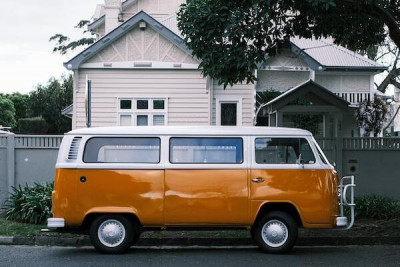The eligibility age for the downsizer contribution has changed. Do you qualify?
Written and accurate as at: Feb 15, 2023 Current Stats & Facts

If you’re thinking about selling your family home and downsizing or moving elsewhere, you may be able to use some of the proceeds from the sale to boost your super balance, sooner rather than later.
As of 1 January 2023, the eligibility age to make a downsizer contribution was reduced to age 55 (previously age 60). Meaning, if you satisfy the criteria and you or your partner sell your home, you may each be able to contribute up to $300,000 of the proceeds from the sale into super (a combined total of up to $600,000 per couple).
There can be a few benefits to making a downsizer contribution, and the first is tax related. The earnings on your contribution are taxed at no more than 15% and earnings on funds transferred to a retirement phase income stream are tax free. Over age 60, you generally won’t be taxed on any withdrawals you make from super either.
Your downsizer contribution won’t count towards your concessional and non-concessional contribution caps, however it will affect your total super balance, and so it may affect your non-concessional contribution cap in the following financial year.
You also don’t need to pass the work test, so you can make the contribution even if you’re already retired. And, you don’t actually need to downsize to make a downsizer contribution—you can buy a similar or larger home if you wish.
Other eligibility criteria you need to satisfy
Aside from being age 55 or over, there are a few other eligibility criteria for the downsizer contribution:
- Your home must have been owned by you (or your spouse) for at least 10 years
- You must make the contribution within 90 days of sale
- You have not previously made a downsizer contribution to your super from the sale of another home or from the part sale of your home
- The home must be located in Australia and cannot be a caravan, houseboat or other mobile home
- Capital gains or losses from the sale must be either exempt or partially exempt from capital gains tax (CGT) under the main residence exemption
- You must provide your super fund with the ‘ATO Downsizer contribution into super form (NAT 75073)’ either before or at the time of making your downsizer contribution.
A downsizer contribution could affect your Income Support payments
Because downsizer contributions are added to your super balance, which is not counted towards the assets and income tests until you reach Age Pension age, they may help increase your entitlement to Income Support payments or your partner’s Age Pension payments. However, the funds will be counted if you start an income stream and once you reach Age Pension age. So, it’s important to bear in mind that making a contribution could affect your Income Support payments.
A downsizer contribution is one way to boost your savings and income in retirement, and it may (or may not) suit your own personal circumstances and plans for retirement. As always, consider seeking qualified and professional advice before you make any big financial decisions.













